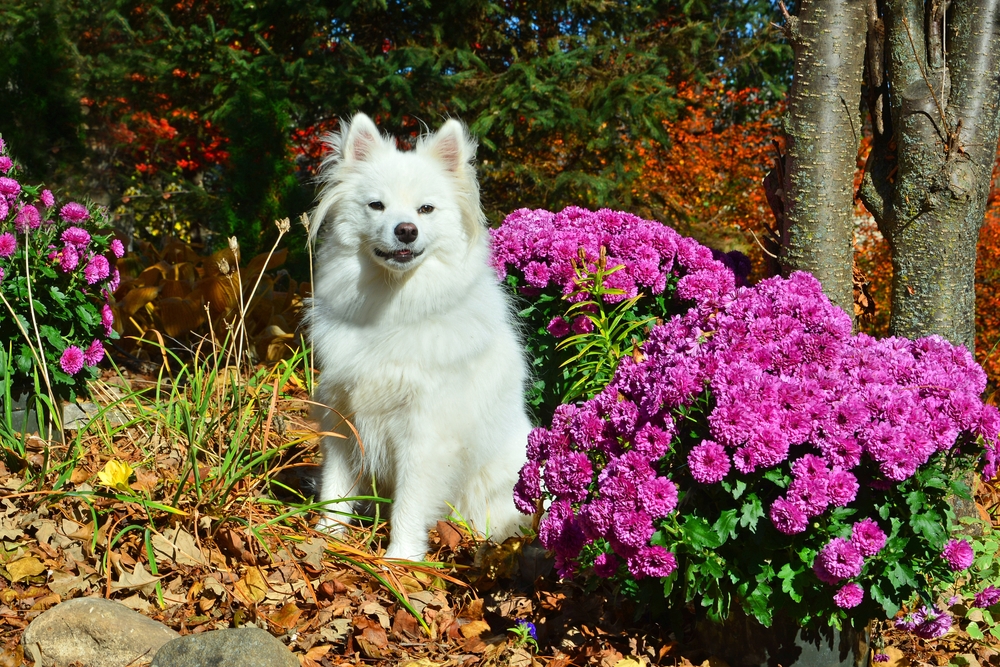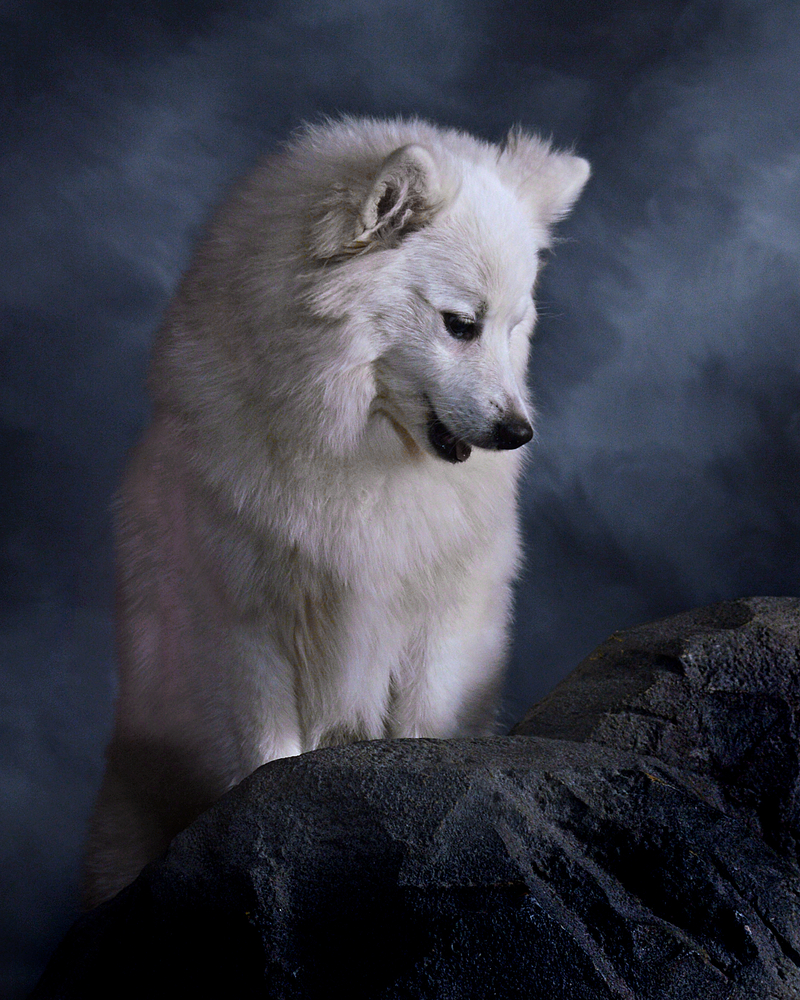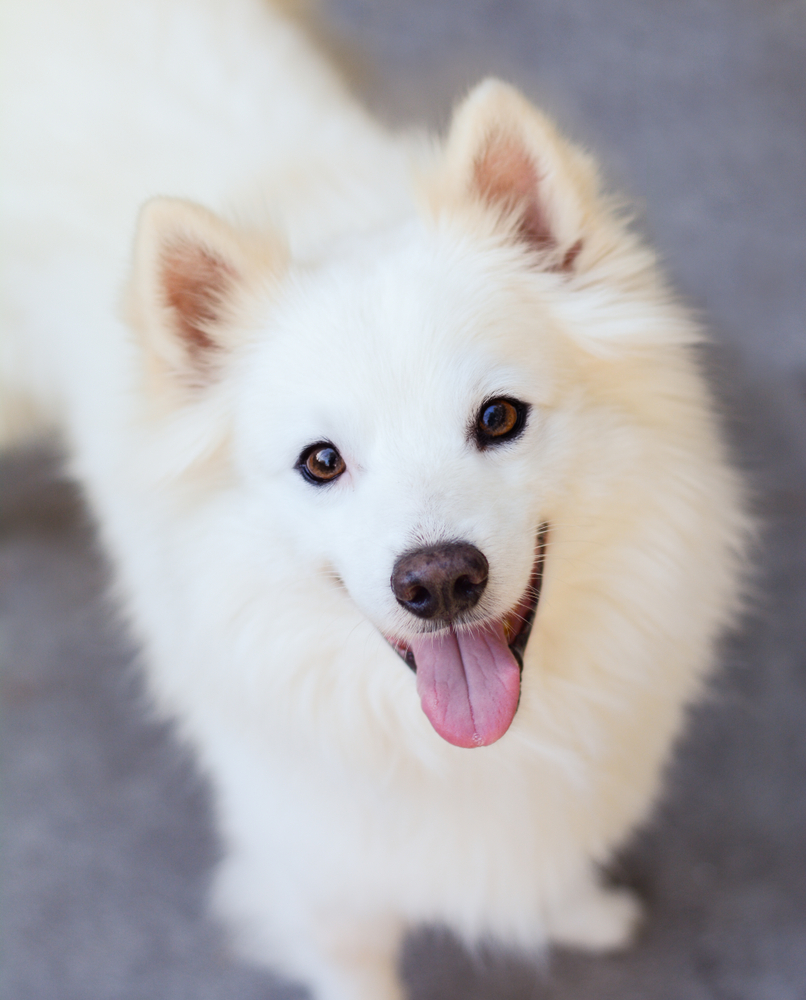American Eskimo Dogs and Allergies: Understanding the Connection
When it comes to the well-being of our furry companions, one topic that often surfaces is allergies. Just like humans, dogs can also suffer from various allergies, and the American Eskimo Dog breed is no exception. As a responsible pet owner, it’s essential to be aware of the potential allergens that can affect your beloved American Eskimo Dog and how to manage these allergies effectively. In this comprehensive guide, we delve into the world of American Eskimo Dogs and allergies, equipping you with the knowledge you need to ensure your canine friend lives a happy and healthy life.

Understanding American Eskimo Dogs
Before we delve into the complexities of allergies in American Eskimo Dogs, let’s first understand the breed itself. American Eskimo Dogs, often referred to as “Eskies,” are charming and intelligent companion animals known for their fluffy white coat and distinctive dark eyes. They belong to the Spitz family of breeds and are known for their playful and friendly nature. Eskies come in three sizes: Toy, Miniature, and Standard, making them suitable for various living environments.


Common Allergens in American Eskimo Dogs
Like any other dog breed, American Eskimos can be susceptible to different allergens that might trigger allergic reactions. Some of the most common allergens that can affect these dogs include:
1. Environmental Allergens
Environmental allergens are external factors present in the dog’s surroundings that can lead to allergies. Common environmental allergens for American Eskimo Dogs include pollen, mold, dust mites, and certain grasses. When exposed to these allergens, some dogs may exhibit symptoms such as itching, sneezing, and watery eyes.
2. Food Allergens
Food allergies are another concern for American Eskimo Dog owners. Certain ingredients in their diet, such as grains (e.g., wheat, corn), proteins (e.g., beef, chicken), and dairy products, can trigger allergic reactions. Identifying and eliminating the specific allergens from the dog’s diet can significantly improve their quality of life.
3. Flea Allergy Dermatitis
Flea bites are a common issue for dogs, and some American Eskimos may develop an allergic reaction to flea saliva. This condition, known as flea allergy dermatitis, can cause intense itching, leading to skin irritation and discomfort.
Recognizing Allergy Symptoms
To effectively manage allergies in American Eskimo Dogs, it’s crucial to recognize the symptoms early on. Some of the common signs of allergies in dogs include:
- Persistent itching, scratching, or biting the skin
- Red and inflamed skin
- Paw chewing or excessive licking
- Sneezing, coughing, or wheezing
- Runny nose and watery eyes
- Ear infections and head shaking
- Digestive issues, such as vomiting or diarrhea
If you notice any of these symptoms in your American Eskimo Dog, it’s essential to consult your veterinarian promptly for a proper diagnosis and treatment plan.

Diagnosing Allergies in American Eskimos
Diagnosing allergies in dogs can be a challenging process, as the symptoms often overlap with other health issues. To determine the specific allergen affecting your American Eskimo, your veterinarian may perform various tests, including:
1. Skin Prick Test
The skin prick test involves exposing the dog’s skin to small amounts of different allergens and observing the reaction. If a specific allergen causes a reaction, it can help pinpoint the source of the allergy.
2. Blood Test
A blood test can measure the levels of specific antibodies in the dog’s blood in response to certain allergens. This test, known as the IgE test, can provide valuable information about potential allergens affecting your pet.
3. Elimination Diet Trial
If a food allergy is suspected, your veterinarian may recommend an elimination diet trial. During this period, your dog will be fed a novel or hydrolyzed protein diet to determine if the symptoms improve.
Managing Allergies in American Eskimo Dogs
Once the allergens affecting your American Eskimo Dog are identified, the next step is to implement an effective management plan. Here are some strategies to help manage allergies and provide relief to your furry companion:
1. Environmental Management
Reducing exposure to environmental allergens is crucial. Regularly clean your home, wash your dog’s bedding, and vacuum frequently to minimize dust and pollen. Additionally, consider using air purifiers to filter out airborne allergens.
2. Dietary Modifications
If your dog has food allergies, work with your veterinarian to find a suitable hypoallergenic diet. Avoid feeding your Eskie table scraps and stick to a well-balanced, high-quality dog food that meets their nutritional needs.
3. Flea Prevention
To prevent flea allergy dermatitis, use veterinarian-recommended flea preventatives regularly. Keeping your American Eskimo Dog flea-free can significantly reduce the risk of allergic reactions.
4. Medications and Therapies
In some cases, your veterinarian may prescribe medications to alleviate allergy symptoms, such as antihistamines, corticosteroids, or immunotherapy. These treatments can provide relief and improve your dog’s comfort.


American Eskimo Dogs and Allergies
As devoted pet owners, it is our responsibility to ensure the health and happiness of our American Eskimo Dogs. Understanding and managing allergies is a crucial aspect of their overall well-being. By recognizing the common allergens and symptoms, seeking proper veterinary diagnosis, and implementing effective management strategies, we can provide our furry friends with the best care possible.
Remember, every American Eskimo Dog is unique, so patience and diligence are essential when dealing with allergies. With the right approach and love, you can help your Eskie lead a vibrant and allergy-free life.